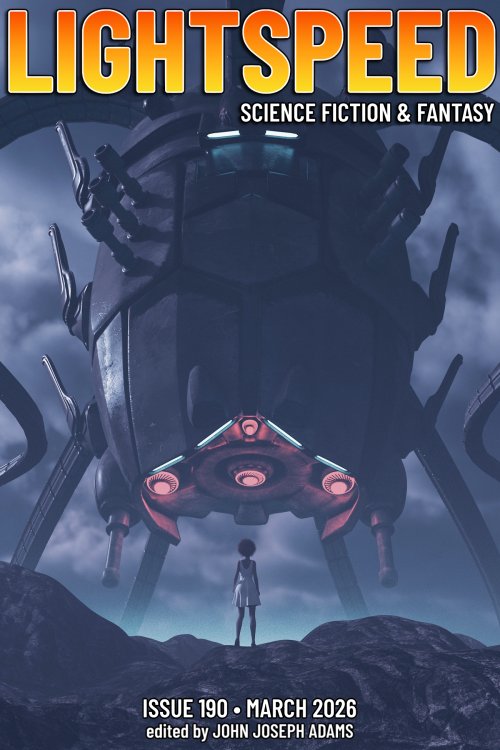Author Spotlight
Author Spotlight: Megan Arkenberg
Beauty, terror, and the sublime are also a huge part of the appeal of fallen angels, from Milton to Doré. Pandemonium had to combine the richness and luxury of the Aesthetic movement with the brimstone and gore and decay of Hell.









